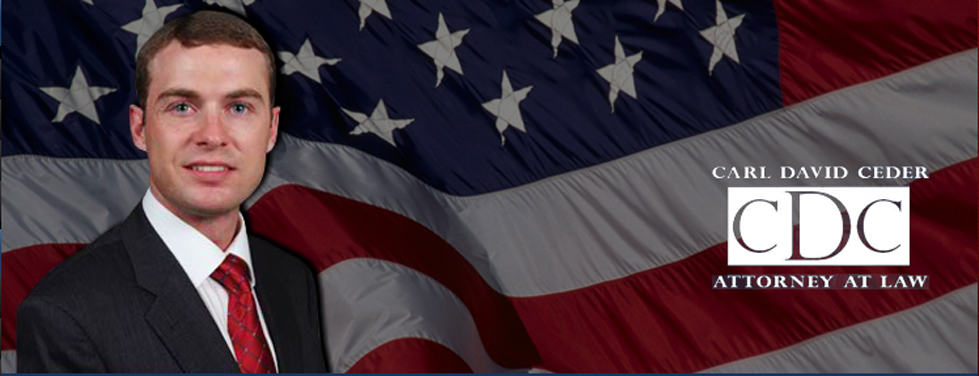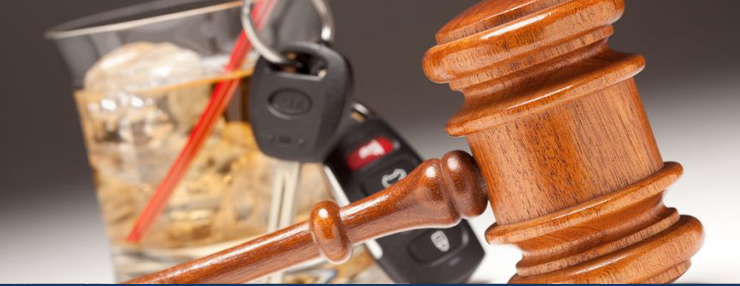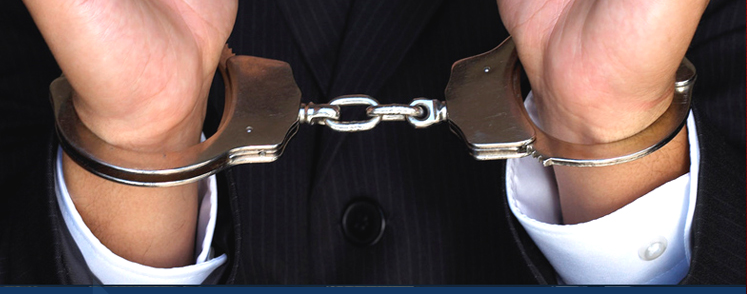Probation Revocation
Individuals are usually given probation (or "community supervision") in lieu of serving jail time. Probation is essentially the suspension of a jail sentence. The individual who has been placed on the "probation" has either been convicted of a crime or placed on deferred adjudication. However, instead of serving a jail sentence, the individual has been found by the Court to be a candidate for probation and will be allowed to remain in the community.
A condition of probation is an agreement to abide by certain conditions set forth by the Court. The individual is usually under the supervision of a probation officer, and required to have regular meetings in certain intervals, usually monthly. Generally speaking, the conditions include maintaining suitable employment, abstaining from engaging in any future criminal offenses, paying probation fees, and regular contact with the probation officer, attending court ordered classes and/or counseling, and successfully passing drug tests, among other things.
Motions to Revoke Probation
After being placed on probation, a "Motion to Revoke" (MTRP) can be filed if the person does not comply with any of the requirements of the supervision. The motion to revoke probation will allege that the probationer violated certain conditions of probation. Individuals often incorrectly assume that their probation officers can "revoke" their probation. This is incorrect.
Once a motion to revoke probation is filed, a hearing is usually scheduled where the probationer has an opportunity to defend himself against the allegations set forth in the motion. The burden is on the state to prove the individual violated the conditions of his probation set forth in the motion to revoke. An individual is not entitled to a jury trial in a motion to revoke probation. Instead, the hearing is conducted before the sentencing judge usually where the case was first heard.
The state must prove through a "preponderance of evidence" that the conditions alleged that were violated, meaning it is "more likely than not" the violations occurred. The probationer, as with jury trials, is afforded many rights at motions to revoke probation hearings. For example, probationers can subpoena witnesses and evidence, as well as cross-examine witnesses against them.
If the government meets their burden and the probationer is found to have violated the conditions of the probation, this does not mean automatic jail time. The sentencing judge has many options they can employ, including extending the length of the original probation period, imposing additional fines and costs, requiring court-ordered counseling, and/or requiring the probationer to submit to drug or alcohol treatment programs. However, the judge can also choose after finding the allegations to be "true" to impose a certain amount of jail time as punishment. This can be a very lengthy period of time, depending on the underlying nature of the charge and what the maximum range of punishment is.
Contact Now
The Law Offices of Carl David Ceder, PLLC, is dedicated to representing the rights of those who have been accused of violating a condition of their probation. Carl will do everything in his power to help you with motions to revoke probation, and can help give wise counsel and advice to obtain a successful outcome. Whether you have been accused of violating your probation or you have already been formally charged with a motion to revoke probation, The Law Offices of Carl David Ceder, PLLC, can help. Please call 214.702.CARL (2275) for a free initial consultation to discuss your probation revocation case.







































